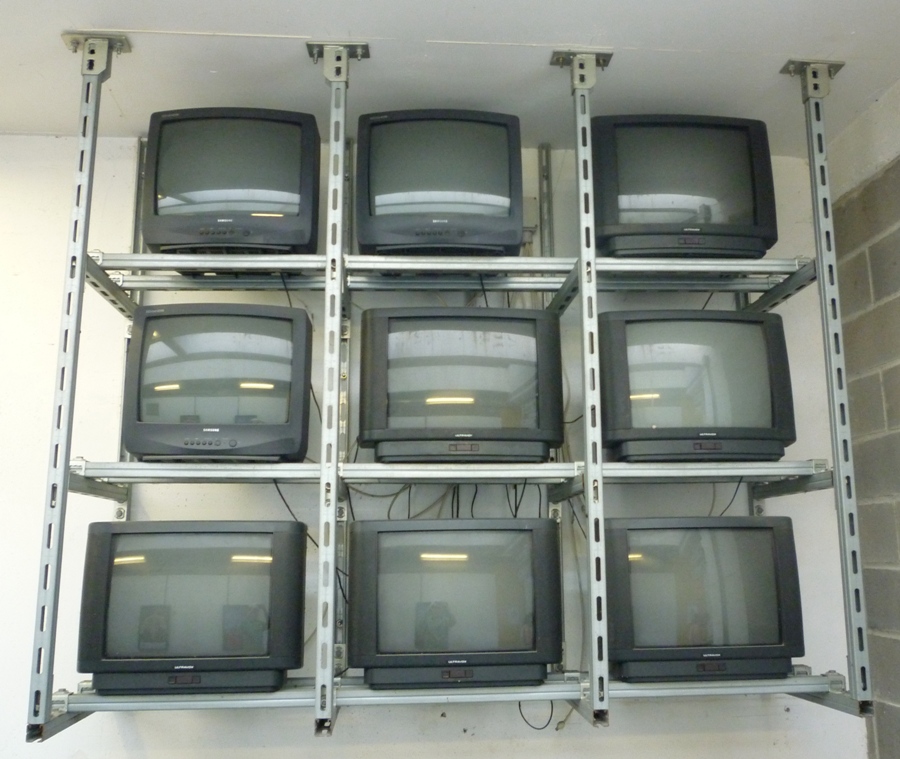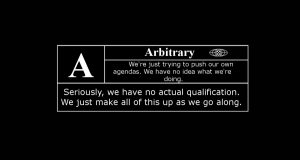Reality shows are not reality
Reality TV gives viewers a false sense of what the real world is supposed to be like. They’re filled with invalid content and give viewers unrealistic expectations on life.
May 21, 2017
From the harsh habitats and insane challenges of “Survivor” to the spray tans and cat fights of “Jersey Shore,” reality television shows give an illusion of what the “real world” is supposed to be like. But just because they’re filming “real” people in “real” situations doesn’t mean it’s all up to fate. Television companies do a lot more than just film the events when it comes to the production of the show.
Most television companies and show producers are only interested in the amount of views they get, not the validity of their content. Their only concern is keeping the viewers intrigued so they keep watching and spreading the excitement of the show to pull more viewers in. That being said, they will do anything to keep their show juicy with drama and highly entertaining.
According to TV producer Michelle Crouch, television shows “have writers who craft plot lines, twisting and tweaking footage to create conflict and shape up a story.” Sometimes they edit what the actors (yes, actors) actually say in order to twist their words around and make it seem like there’s more conflict than there actually is. They can even create whole new sentences from what the actors say, a method so common that there’s a term for it called “frankenbiting.” The power of editing.
Rupert Thompson, director and producer of shows such as “Big Brother” and “Fear Factor” says “reality TV is a very manipulated format where the basis of it is that real people are put into unreal situations to create a story.”
So in shows like “The Real World” and “Jersey Shore,” where people are selected to live in a house together and see what happens, the people are not just randomly selected and the drama that gets stirred up is not all of their own accord. They hold auditions for the actors, and they actually prefer to cast flawed people according to Crouch. They like seeing weaknesses in people so they can use them for the advantage of the show.
Think competition shows are all in the hands of judges and “the people at home?” They may have some impact but the producers, as always, have the final say. They can decide to keep someone on the show who is attracting more viewers or they can decide to kick someone off who is not. They like to keep the underdogs that everyone roots for or the villain who causes the most conflict. Whatever gets them more views is their main priority.
Despite the questionable validity of reality TV shows, the actual content of them is ridiculous. Think about shows such as “The Bachelor” or “Are You the One.” For those who don’t know, “The Bachelor” is a show where a group of women or men compete for the love of a single man or woman, and “Are You the One” is a show where a group of single men and women compete to find their perfect match.
But when did finding love turn into a competition? When did it turn into artificial feelings and unrealistic expectations? Is it really worth manipulating relationships all for the sake of views?
It’s kind of sick to watch people’s hopes, dreams, and love lives be played with all for the satisfaction of millions of viewers, whose lives the results will never affect. This goes for other kinds of shows involving addiction, weight loss, and just people’s personal lives in general.
Reality television shows are a sadistic twist in the lives of those a part of them as well as for those who watch them. They play with the lives of the actors as if it is a game of chess, all for the entertainment of an audience. As interesting and intriguing as they may be, do not be fooled by the charm and mistake it for real life.
Reality television just is not reality.








